February 6, 2025
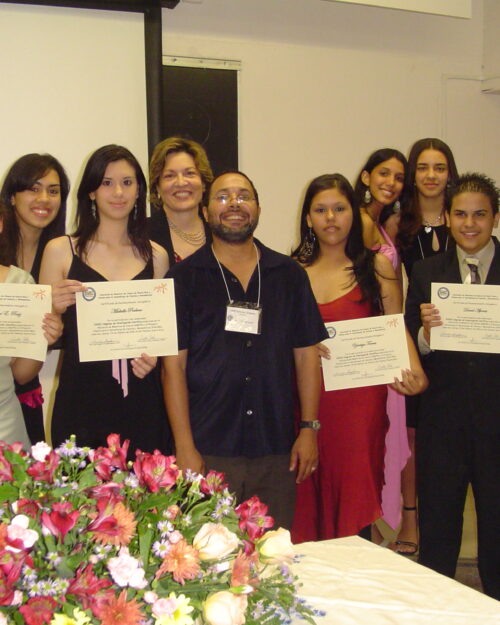
Dr. Julio de Jesus, based in Puerto Rico, has dedicated his career to STEM and education. He has a Ph.D. in environmental sciences, and is an adjunct professor at Ana G. Mendez University, where he teaches environmental sciences. He also serves as the JSHS Regional Director for the Puerto Rico region, while continuing his research and publishing his latest findings on land snails’ coping mechanisms against natural UV radiation.
A Journey with JSHS: From Participant to Regional Director
Dr. de Jesus’ involvement with JSHS (Junior Science and Humanities Symposium) dates back to 1982. As a high school student, he participated in a research initiative hosted by the University of Puerto Rico, designed to motivate students to engage with university professors and laboratory work and encourage them to present their summer research.
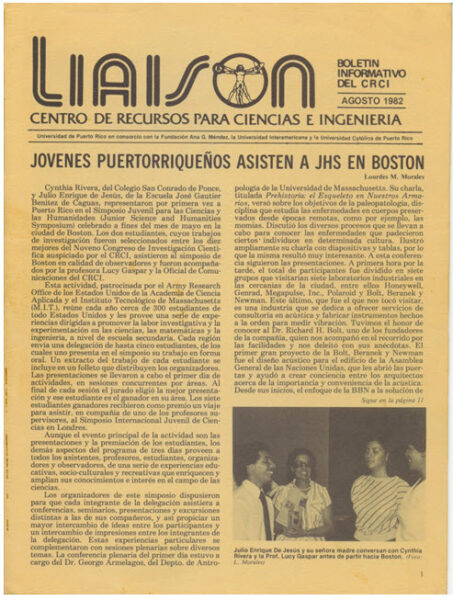 That year, for the first time since the program expanded to Puerto Rico in 1974, two students were selected to attend the National Symposium. Dr. de Jesus was one of them, alongside Dr. Cynthia Rivera, who is now a professor at the University of Puerto Rico. The 1982 symposium took place in Boston, and his experience reaffirmed his commitment to the program.
That year, for the first time since the program expanded to Puerto Rico in 1974, two students were selected to attend the National Symposium. Dr. de Jesus was one of them, alongside Dr. Cynthia Rivera, who is now a professor at the University of Puerto Rico. The 1982 symposium took place in Boston, and his experience reaffirmed his commitment to the program.
Since then, he has remained consistently involved in JSHS, first as a chaperone for students, then as a judge and later as an Assistant Director. When the Regional Director retired in 2009, he took over the position and has led the Puerto Rico delegation ever since.
The Power of Student Connections
For Dr. de Jesus, one of the most rewarding aspects of JSHS is witnessing students’ enthusiasm at the National Symposium. The excitement of presenting research, networking with peers and forming lifelong connections mirrors the same experience he had as a participant decades ago. Each year, he sees students build bonds that extend beyond the symposium, as they look forward to reconnecting at future events. This sense of camaraderie and the ability of JSHS to bring together bright, like-minded students is one of his favorite aspects of the program.
Standout Research: Innovation Amidst the Pandemic
One research project that left a lasting impression on Dr. de Jesus was from the 2020 National Symposium. A Puerto Rican delegate won second place in the engineering and technology category for designing and coding a set of goggles that helped blind individuals navigate using Google graphics. Years later, in 2024, another student from Puerto Rico won first prize in physics for developing a method to detect extragalactic planets using data from multiple observatories—a breakthrough approach that had not been done before.
Lessons Learned and Advice for Future Participants 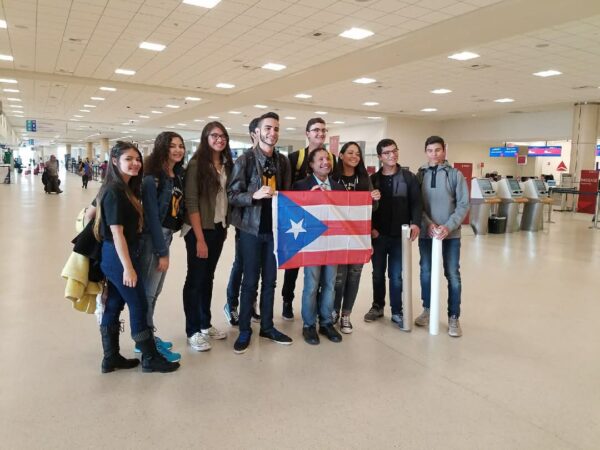
Over the decades, Dr. de Jesus has learned how to navigate the challenges of leading a competitive program while ensuring students receive the best support. As Regional Director, he prioritizes tackling challenges directly to ensure the continued success of the Puerto Rico delegation at JSHS.
His top advice for students interested in JSHS is to refine their presentation skills. In Puerto Rico, students are more familiar with poster presentations and typically present in Spanish, making oral presentations in English a challenge. While the quality of the research is important, he argues that confidence in presenting findings is just as crucial. Dr. de Jesus encourages students to practice public speaking and become comfortable discussing their work. Above all, he reminds them to enjoy the experience.
Why JSHS Matters
One of the most significant aspects of JSHS is its ability to identify and cultivate top talent. Many Puerto Rican students who participate at the national level go on to pursue doctoral degrees. Dr. de Jesus takes great pride in mentoring these students, providing recommendation letters and supporting them through college applications—whether they compete at the National Symposium or not. He sees every participant as a reflection of himself at different stages of his journey and understands the importance of offering them guidance and support.
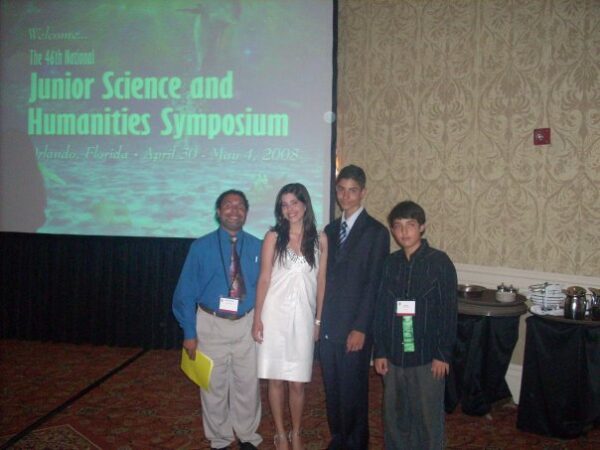 His own academic path—from a high school researcher to a Ph.D. scientist—was shaped by the support he received through JSHS. That experience fuels his commitment to the program today, ensuring that future generations have the same opportunities to thrive in STEM.
His own academic path—from a high school researcher to a Ph.D. scientist—was shaped by the support he received through JSHS. That experience fuels his commitment to the program today, ensuring that future generations have the same opportunities to thrive in STEM.
Last year, one of Dr. de Jesus’ students was named a Presidential Scholar—proof of the incredible talent coming out of Puerto Rico’s JSHS program. It’s a recognition that speaks to the hard work of the students, the power of mentorship, and the impact of JSHS. While seeing his students earn national honors is a proud moment, what’s even more rewarding to him is knowing that JSHS helps set them up for future success in STEM.
For Dr. de Jesus, JSHS is more than just a competition—it’s a lifelong mission to foster the next generation of scientific leaders.
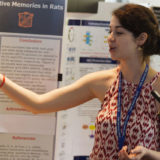
Junior Science and Humanities Symposium (JSHS)
At Junior Science and Humanities Symposium (JSHS), high school students compete for scholarships and recognition by presenting results of their STEM projects to a panel of judges.
More About Junior Science and Humanities Symposium (JSHS)Find a Volunteering Opportunity
Visit our Program Volunteers page for a tool to find the best opportunity for you.
eCYBERMISSION Mini-Grant
The eCYBERMISSION Mini-Grant is intended to support teachers/program leaders as they implement eCYBERMISSION with their teams. Educators (formal and informal) of students in grades 6-9 are encouraged to apply.
